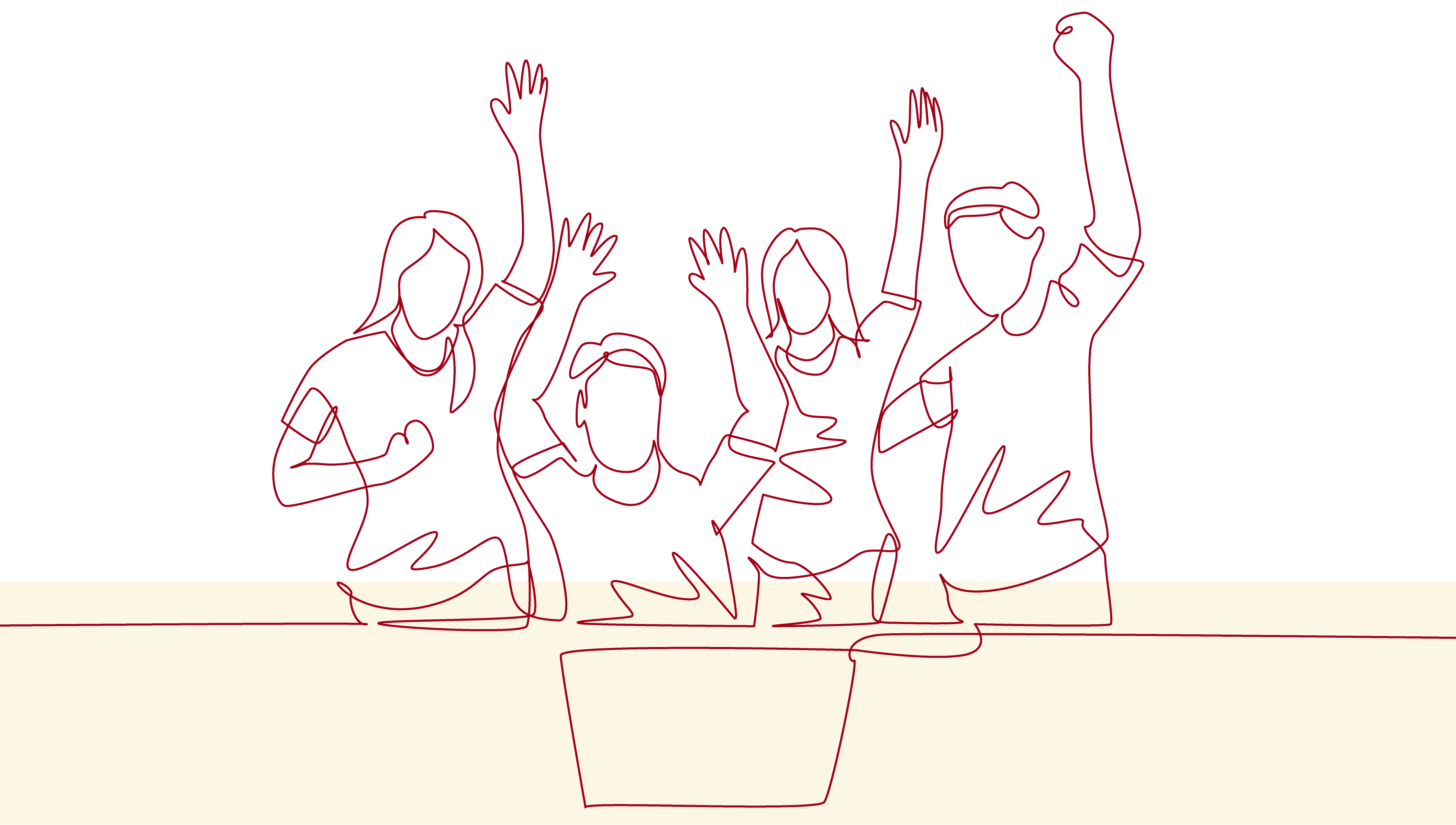To ignite a passion for lifelong learning, so that we can nurture resilient, compassionate, critical thinkers in a constantly changing world.
With this clearly articulated purpose statement, our community of learners have agreed that our school’s educational programme is to have a particular focus on:
Developing Lifelong Learners:
Within the context of our rapidly changing world, HELP International School firmly believes that it is critically important that each student possess the mindset, and develops a capacity for Lifelong Learning. We are very mindful that part of our task, as parents and educators, is to prepare our young people for jobs that likely do not yet exist, using technologies that haven’t yet been invented, to solve problems and pursue opportunities that we still don’t yet know about.
Whether pursuing personal interests and passions or chasing professional ambitions, a lifelong learning mindset equips students to achieve personal fulfilment and satisfaction.
Developing Resilience:
In our increasingly connected world, resilience helps young people gain life skills that help them deal with, and manage challenging situations and circumstances that are unfortunately unavoidable in life. These can include managing unexpected change, going through transitions, dealing with a range of stressors, and overcoming adversity.
The learning experiences at HELP International School are specifically designed to encourage a sense of optimism, emotional awareness and control, impulse control and self-regulation, empathy and connection, self-efficacy, flexible and accurate thinking in our young people so that they have the self-confidence and ability to recover and overcome hardships.
Developing Compassion:
Compassion means we care about others, treat them with kindness, and feel a strong desire to help people in need. Compassion is empathy in action. The education at HELP International School is designed to prepare our young people to become leaders in society.
Compassion in leadership creates stronger connections ween people. It improves collaboration, raises levels of trust, and enhances loyalty. In addition, studies find that compassionate leaders are perceived as stronger and more competent. As such, it is our hope that our future leaders will not only work for their own personal success but also make valuable contributions to society.
Developing Critical Thinkers:
Within the context of our increasingly complex world, there has never been a time where a capacity for critical thinking is required like now. Critical thinking skills allow each of us to understand and address situations based on all available facts and information. Typically, using critical thinking at work involves processing and organizing facts, data and other information to define a problem and develop effective solutions.
The learning approach at HELP International School is designed to build student capacity to rigorously question ideas and assumptions rather than to accept them at face value. We encourage students to always seek to determine whether the ideas, arguments and findings represent the entire picture and are open to finding that they do not. We want them to be active learners rather than a passive recipient of information.

